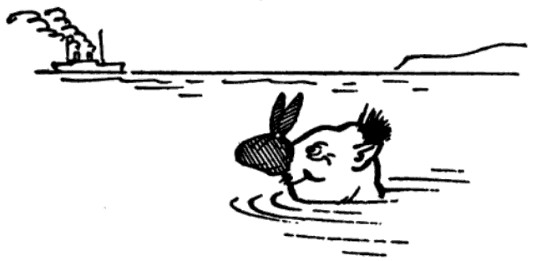I’ve changed my ways a little: I cannot now
Run with you in the evenings along the shore,
Except in a kind of dream: and you, if you dream a moment,
You see me there.
So leave awhile the paw-marks on the front door
Where I used to scratch to go out or in,
And you’d soon open; leave on the kitchen floor
The marks of my drinking-pan.
I cannot lie by your fire as I used to do
On the warm stone,
Nor at the foot of your bed: no, all the nights through
I lie alone.
But your kind thought has laid me less than six feet
Outside your window where firelight so often plays,
And where you sit to read — and I fear often grieving for me —
Every night your lamplight lies on my place.
You, man and woman, live so long it is hard
To think of you ever dying.
A little dog would get tired living so long.
I hope that when you are lying
Under the ground like me your lives will appear
As good and joyful as mine.
No, dears, that’s too much hope: you are not so well cared for
As I have been,
And never have known the passionate undivided
Fidelities that I knew.
Your minds are perhaps too active, too many-sided. …
But to me you were true.
You were never masters, but friends. I was your friend.
I loved you well, and was loved. Deep love endures
To the end and far past the end. If this is my end,
I am not lonely. I am not afraid. I am still yours.
— Robinson Jeffers


